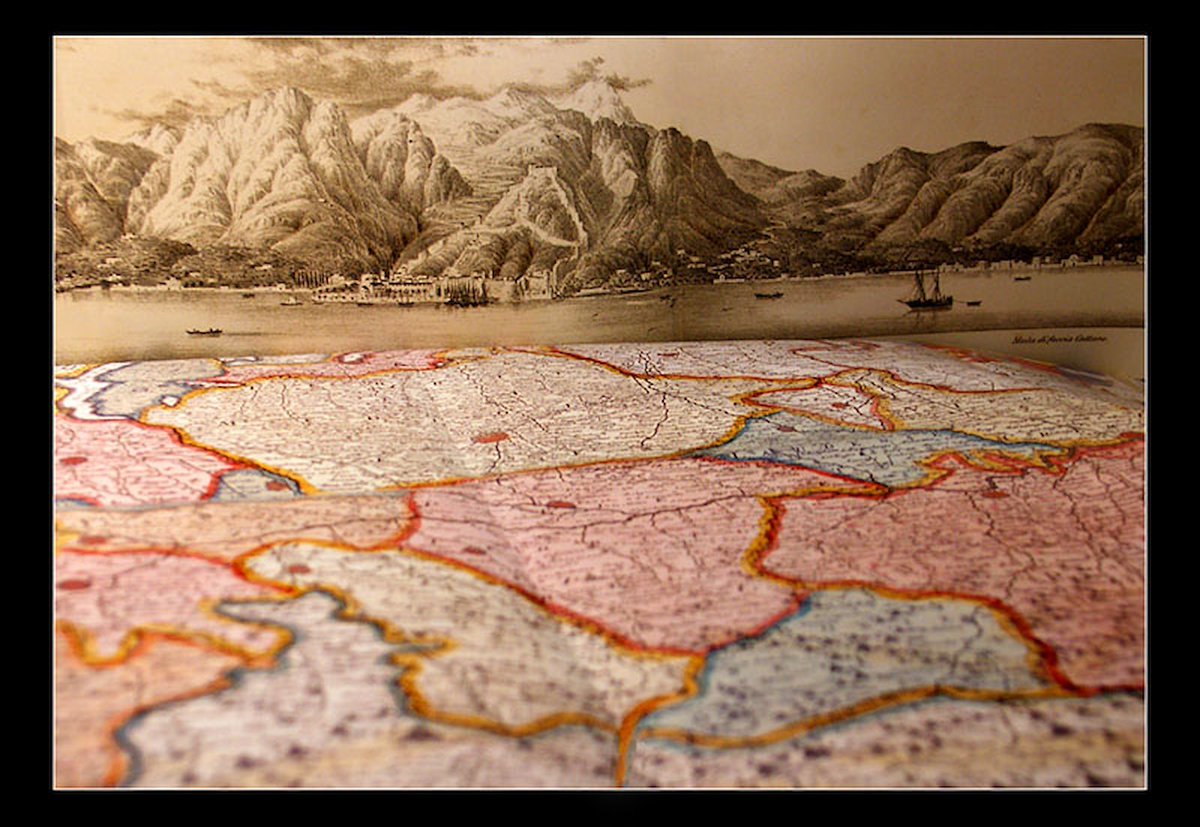
Working on a generalized learning/skill tracking, planning & development framework that's maintainable within PKM tools.
Maps across the following:
Skills
Knowledge
Information
Habit
Mindset
What are some examples of how you think about organizing your learning/skills?
Maps across the following:
Skills
Knowledge
Information
Habit
Mindset
What are some examples of how you think about organizing your learning/skills?
I'm exploring the Taxonomy around these areas. It is very graph-oriented but will probably start at the table design level.
i.e for Programmers
Computer Science > SWE > Front-End > Javascript > React > UI Component Design
Computer Science > SWE > Back-End > Javascript > Node
i.e for Programmers
Computer Science > SWE > Front-End > Javascript > React > UI Component Design
Computer Science > SWE > Back-End > Javascript > Node
I tend to group by:
Skills I need to Learn (motivation/obstacle)
Skills I want to Learn (motivation/curiosity)
Skills that should be prioritized
Skill-dependent Skills
Time-dependent Skills
People-dependent skills
Resource-dependent skills
Skills I need to Learn (motivation/obstacle)
Skills I want to Learn (motivation/curiosity)
Skills that should be prioritized
Skill-dependent Skills
Time-dependent Skills
People-dependent skills
Resource-dependent skills
I'm also trying to map out skill types
- Foundational: base, building block
- Polymorphic: base, but reshapable
- Complimentary: divergent but work well together
- Associative: related
- Generative Skills: creates other types
- Creative Skills: infinite
- Authentic Skills: soul
- Foundational: base, building block
- Polymorphic: base, but reshapable
- Complimentary: divergent but work well together
- Associative: related
- Generative Skills: creates other types
- Creative Skills: infinite
- Authentic Skills: soul
• • •
Missing some Tweet in this thread? You can try to
force a refresh


















